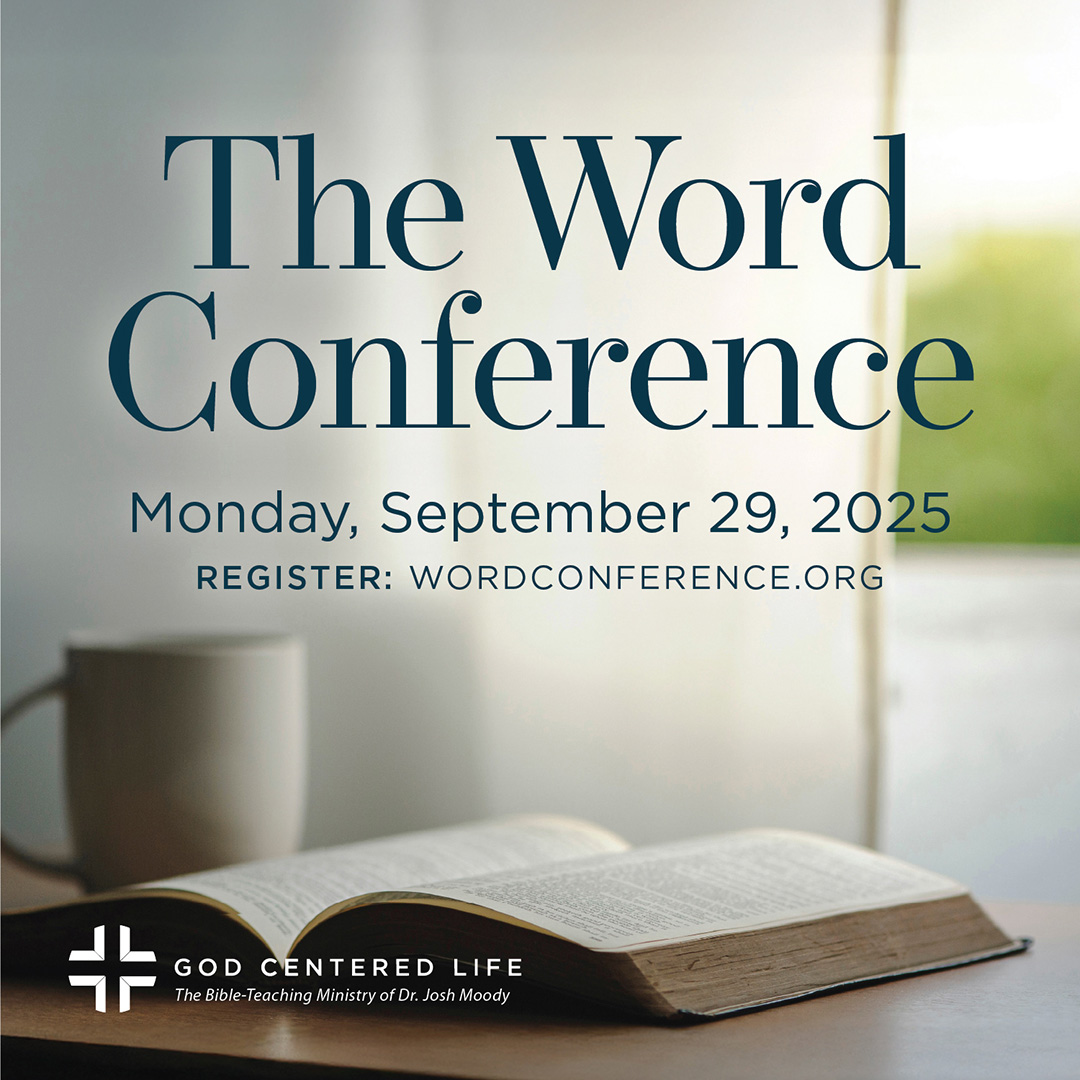1 Kings 15-16: Darkness and Light
June 10, 2024
TODAY'S BIBLE READING:
1 Kings 15-16, Psalm 119:73-80, Luke 3:21-38, Ephesians 5:1-21

These are a depressing couple of chapters. Not only do they show why the books we are studying are called collectively “kings” (with their extensive list of the various kings here included), they also show what happens when a ruler of God’s people abandons God. Pain, suffering, division, difficulty, economic decline, and more. You would have thought that at some point the people would put two and two together and realize that not only was following God the right thing to do for the sake of God and his glory, but that when they did follow God, it was the life that was truly blessed. Yet here, with very few exceptions, there is continued and indeed increasing rebellion, right up until (as we shall see tomorrow) the great prophet Elijah comes and confronts God’s people with God’s word.
For now, we read of Abijam, king of Judah, who does what is evil and does not follow after the ways of David (15:1-3). Nevertheless, teaching here in the Old Testament the principle that the apostle Paul in the New Testament would call “imputation,” because of David and his righteousness, God reckons Abijam some portion of David’s blessing (15:4-5) so that at the least he has a son, Asa, to reign in his place (15:8).
Asa, indeed, himself does what is right in the eyes of the Lord (15:11). Judah has a good king again! He gets rid of the pagan idolatry, the male cult prostitutes, the Asherah poles, even the queen mother who was encouraging and endorsing paganism (15:12-13). The only downside is that he does not get rid of the “high places” (15:14). These high places (see 1 Kings 14:23) were centers of pagan idolatry. How easy it is for God’s people today to clear out the obvious central idolatries—not worshipping other gods in our churches, for instance—but still hang onto the idolatries of materialism or selfish ambition. Would you (as John puts it at the end of his first letter) “keep yourself from idols” (1 John 5:21)?
At this point the narrative switches to the Northern Kingdom, Israel. Baasha builds Ramah, a city near Jerusalem, to function as a kind of outpost of Israelite power and effectively act as a blockade against Jerusalem (15:17). Asa responds by making a deal with a supporter of Israel, bringing the king of Syria onto Judah’s side, and therefore stopping the building of Ramah (15:18-21). Asa’s following after God gives him wisdom and political leadership savvy, too.
Now it is Nadab’s turn to do what is evil in the eyes of the Lord as king over Israel (15:26). Baasha conspires against him, kills him, and takes the throne (15:27-28). This was from the Lord, as was Baasha’s brutal murder of the Jeroboam clan (15:29, 1 Kings 14:10, 14). Baasha, nonetheless, is an evil piece of work himself (15:34). And the word of the Lord also comes to him from Jehu (16:1-4). Just because Baasha was God’s tool does not excuse him from obeying God himself.
Elah succeeds Baasha but he only reigns two years (16:6, 8). Decreasing stability is a sign of God’s displeasure towards Israel. Elah is killed by Zimri (16:9-10). Zimri then strikes down all Baasha’s household, also in fulfillment of God’s word to Baasha (16:12-13). But Zimri only reigns seven days in Tirzah (16:15). The army was furious of his treatment of the previous king, goes up to fight against him, and so Zimri burns himself alive in the citadel of the king’s house (16:16-19).
Unsurprisingly, this vile consequence leads to division. Israel is now in two parts (16:21), but Omri overcomes Tibni (16:22). Omri also does what is evil in the sight of the Lord—more than anyone else before him (16:25). Then comes Ahab, who also goes yet further and also does more evil than anyone before him (16:29-30). In particular, he marries the infamous Jezebel and erects an altar to Baal in the house of Baal in Samaria (16:31-32). Under his rule, and presumably by his permission or at least consent, one Hiel built Jericho and suffers the consequences to that rebuilding (the loss of his firstborn son and youngest son), just as God had promised through his servant Joshua (16:34).
The “Canaanization” – God’s people becoming like their pagan neighbors – of Israel is almost complete. And yet throughout it all, the power of God’s Word is being shown as being still living and active (Heb. 4:12). When the days are darkest, the light of God’s Word shines brightest. And, indeed, in a moment one of the most famous preachers of God’s word, Elijah, will burst onto the scene. This is Elijah, whose work was fulfilled in John the Baptist, the greatest prophet according to Jesus, who himself pointed to the Redeemer God Incarnate, the Lord Jesus Christ.
ABOUT THE AUTHOR
Josh Moody (Ph.D., University of Cambridge) is the senior pastor of College Church in Wheaton, IL., president and founder of God Centered Life Ministries, and author of several books including How the Bible Can Change Your Life and John 1-12 For You.
WANT MORE?
To receive God Centered Life devotionals directly in your inbox, as well as other resources, enter your email address in the form at the bottom of this page and click "subscribe."


